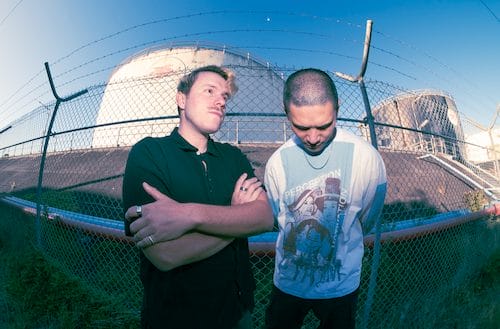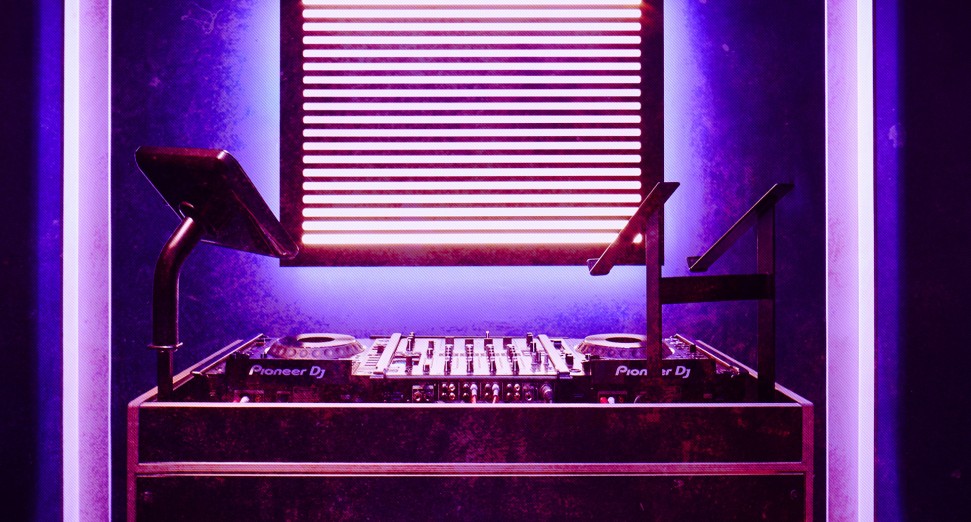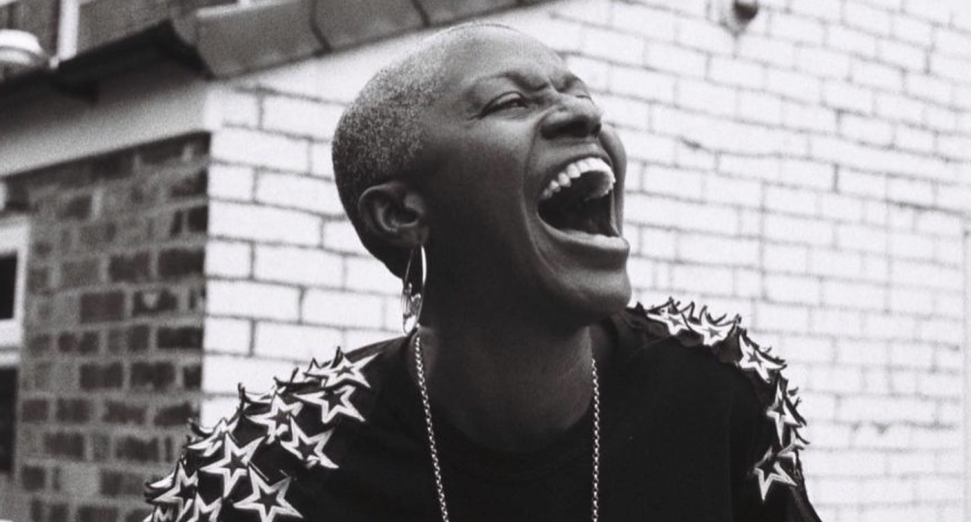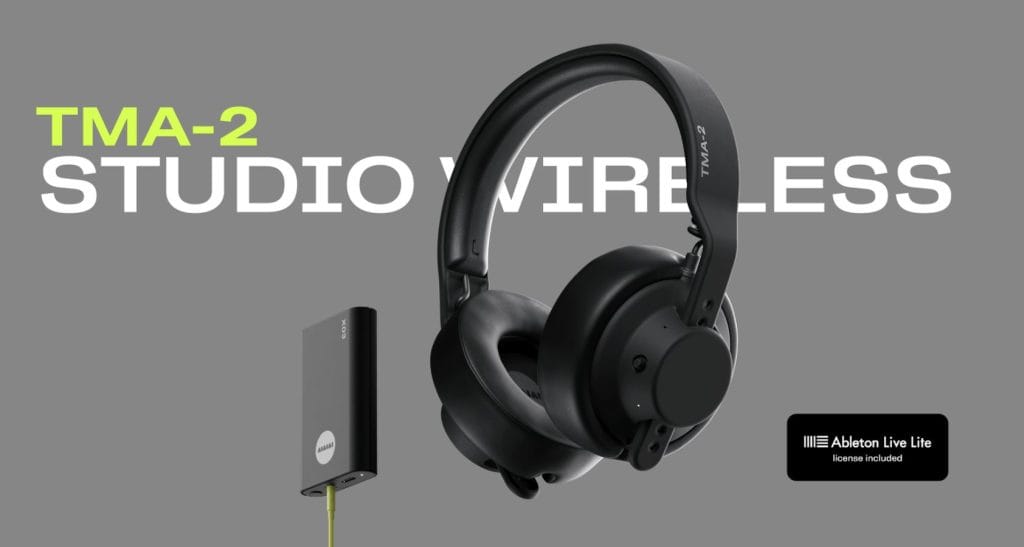
How Juno Mamba defines creative chemistry in collaborations
Following their introspective first single Drifter, Juno Mamba and edapollo reunite for U Always—a brighter, more optimistic track built around warm synths, pulsing rhythm, and a shared creative chemistry that doesn’t overthink it. It’s a summer-ready follow-up that captures the joy of making something that clicks without needing to explain why.
In this interview, Juno Mamba breaks down what makes collaboration work for him: trust, shared intent, and the kind of silence that still feels creative. He reflects on how U Always took shape over time, and why letting go of control can sometimes be the most productive move.
What actually makes someone a solid creative partner for you—aside from skill or talent?
For me, it’s all about trust and openness, which comes from building a genuine relationship that exists beyond just music. A strong creative partner creates space where ideas can be explored freely and without judgement.
Having a deeper understanding of someone personally makes it easier to lean into vulnerability, which is where a lot of honest work comes from. That’s definitely how I feel working with Ed.
We’ve built this unspoken understanding that allows ideas to flow naturally without overthinking. There’s no ego, just a shared goal to make something that feels right.
How do you usually figure out early on if someone’s the right fit for how you like to work?
It usually shows itself in conversation.
If things flow easily, if there’s mutual respect and openness, that’s always a good sign. If someone shares a similar intention behind the music, or there’s alignment in values or artistic curiosity, things tend to unfold more naturally. When Ed and I started working on ‘U Always,’ there was no pressure to force a sound or direction, it was more about following a feeling. That sense of ease told me we were on the same page.
A good early indicator is when you can sit in silence while creating and it doesn’t feel awkward, it feels like part of the process.
That kind of comfort usually means there’s room for something real to emerge.
What helps you stay honest in sessions without feeling like you have to explain yourself too much?
I think honesty flows more easily when there’s mutual trust, but also when there’s some kind of existing relationship, even if it’s just a connection formed online. With the right collaborator, you don’t have to over justify every choice or decision. It becomes more intuitive.
When we were working on ‘U Always,’ there were moments where we both just knew something worked (or didn’t), and we’d move forward without needing to over analyse.
That level of trust lets you focus on the music, rather than on managing expectations. It also helps when there’s a shared vision or emotional language that doesn’t need to be explained. Understanding and respecting each other’s strengths goes a long way.
If your vision clashes with someone else’s in a session, how do you usually navigate that?
I try to stay curious and open instead of getting defensive. If something’s not landing, it usually means the song is telling us it needs something else. I’ve learned to zoom out and remember that the goal isn’t to be “right”, it’s to make the best possible track.
If there’s a clash of ideas, I find it helpful to take a short break or revisit the song later with fresh ears. With ‘U Always,’ Ed and I were aligned the whole way, so there weren’t any real creative conflicts, just moments of re-evaluation. Being patient and respectful in those situations always leads to better outcomes. Collaboration is really about letting go of control when it’s needed.
Are there any boundaries—spoken or unspoken—that you’ve found help keep things on track when collaborating?
Definitely.
Time and space are big ones for me. Knowing when to step away from a track and come back with fresh ears is crucial as it stops you from forcing something that isn’t ready yet. There’s also an unspoken respect for each other’s pace. Some days you’re ready to go deep, other days you just need to sit with the music.
Ed and I both agreed the first version of the track wasn’t quite right, so we shelved it for over a year.
Coming back to it later with new ideas, new techniques, and fresh perspective made all the difference. It reminded me that letting go is sometimes the most productive thing you can do in a collaboration.
Have you ever had to step away from a collab that wasn’t clicking? What made you realize it was time?
The only times I’ve had to pause a collaboration were due to time constraints.
Those projects are still on my “to do” list and I never fully write them off. I usually only choose to collaborate with artists I genuinely admire and connect with, so the desire to finish something is always there.
That said, I’ve learnt it’s important to not force it. If something isn’t flowing, it’s better to put it down and revisit it later than try to push through for the sake of it. The relationship always comes first, and that often guides whether something will eventually come together.
What would you say to someone who finds it hard to bring their full voice into a collaboration?
I’d say your voice is the reason you’re there in the first place.
Even if you feel unsure, your perspective adds something no one else can. The right collaborators will create space for you to feel heard. Don’t underestimate what you bring to the table, even if it’s subtle. Not all contributions need to be loud to be valuable.
The most powerful creative moments often come from contrast and vulnerability.



